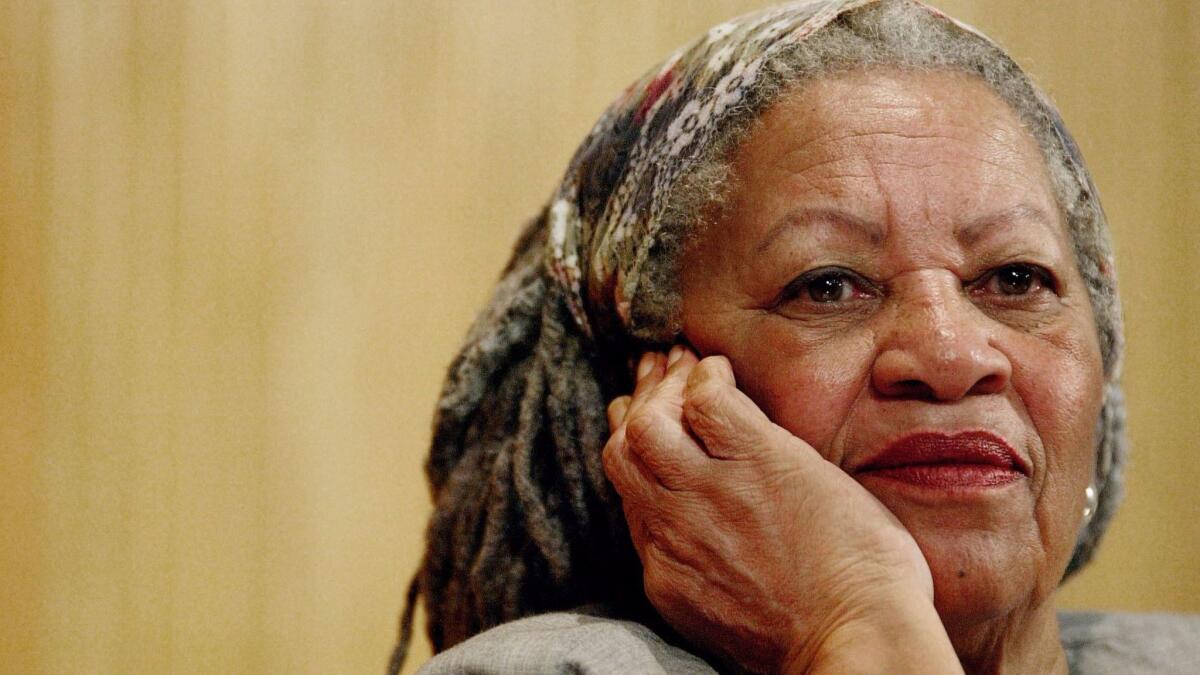Too sexy for school? Virginia bill would require ‘sexually explicit’ books be flagged for parents

- Share via
Virginia won’t be for lovers anymore if the state’s Board of Education moves forward with a proposal that would require schools to notify students’ parents about “sexually explicit” texts assigned in classes, the Washington Post reports.
The Board of Education’s proposed rules would force school districts to send parents a list of any possibly objectionable reading assignments used in classes, and allow parents to request alternate material for their children instead.
The proposal is a reprise of last year’s House Bill 516, which was passed by the state’s Legislature in May. The bill, known as the “Beloved bill” after the Toni Morrison book that spurred a parental complaint in Fairfax County, was vetoed by Gov. Terry McAuliffe in April.
But Sam Coleman, a spokesman for McAuliffe, signaled that the governor wasn’t necessarily opposed to the Board of Education’s proposal.
“The governor ultimately believes that the decision lies with the Board of Education,” Coleman said. “They’re given those powers for a reason, and they make that determination.”
Virginia schools have found themselves in the spotlight recently over attempts to ban books in schools.
Last month, the school district in Accomack County drew criticism after it pulled Mark Twain’s “Adventures of Huckleberry Finn” and Harper Lee’s “To Kill a Mockingbird” from schools after a parent objected to the use of the N-word in the novels.
Days later, the district reversed course and reinstated the books, following a national outcry over the ban.
Free speech groups were quick to denounce the new proposal by the education board. Claire Guthrie Gastañaga of the state’s American Civil Liberties Union chapter registered the group’s objection to the potential new rules.
“This is not good policy, and it’s treading on dangerous legal ground,” Gastañaga said. “We’ll be evaluating what happens at every step of the way.”
Cynthia Cave, the assistant superintendent of the state Board of Education, defended the proposal, saying it wasn’t the board’s goal to make teachers’ jobs more difficult.
“There’s nothing that says we’re going to ban these materials,” she said. “There’s nothing that says other students whose parents do not object may not use them. What’s important is to let parents know.”
The education board will discuss the proposal at a meeting on Jan. 26.
More to Read
Sign up for our Book Club newsletter
Get the latest news, events and more from the Los Angeles Times Book Club, and help us get L.A. reading and talking.
You may occasionally receive promotional content from the Los Angeles Times.







